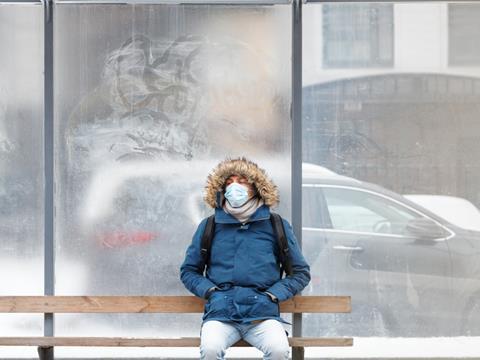
A new study from Princeton University and the USA National Institutes of Health (NIH) claims to show how long the novel coronavirus can survive on plastic, stainless steel, and cardboard.
According to the study, the virus could still be detected on polypropylene and stainless steel up to 72 hours after it was applied. Meanwhile, the virus could apparently be detected on cardboard up to 24 hours after it was contaminated.
Despite the results of the study, the authors caution misinterpretation of their findings: “Individual replicate data were noticeably noisier for cardboard than other surfaces, so we advise caution in interpreting this result.”
While the study is preprint and should therefore not be used to guide clinical practice as it is yet to be peer-reviewed, it does represent an important step towards a greater understanding of the virus.













